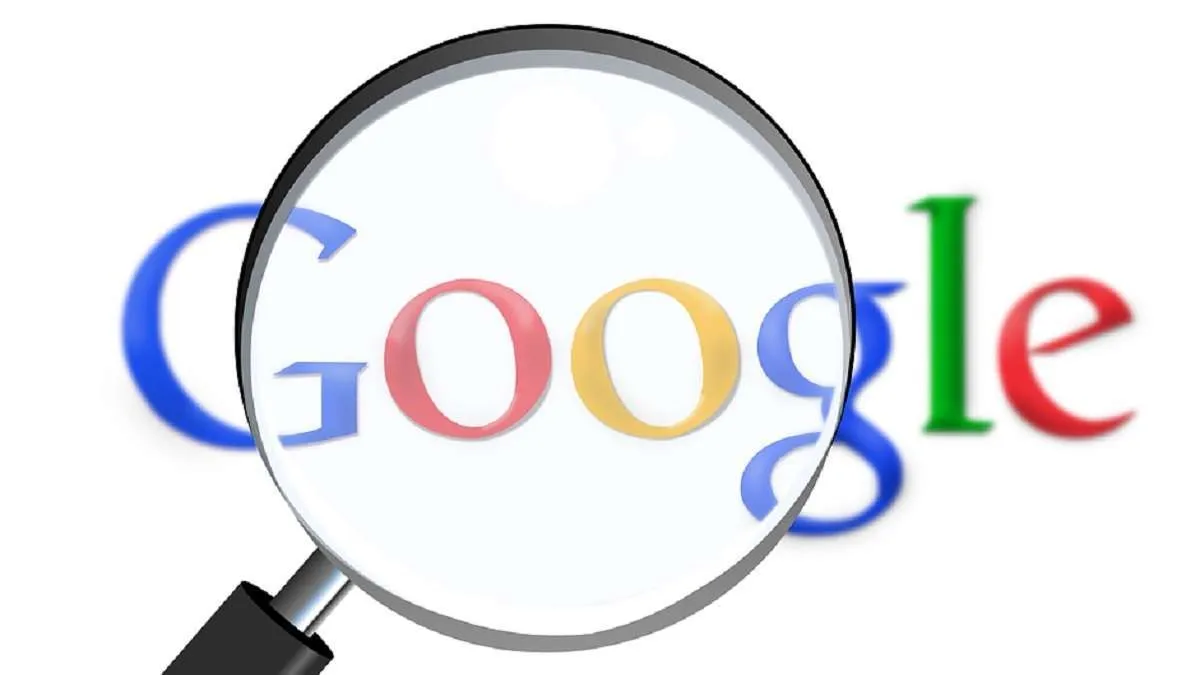Google bids farewell to 'Cached' web page feature - What it means?
Google has decided to retire its 'cached' web page feature, originally designed for slow-loading pages, citing improvements in loading speeds.

Google has officially retired the 'cached' web page feature, stating it is no longer necessary. The company's search liaison explained that the feature was originally designed to help users access pages when page loading was unreliable. However, with significant improvements in loading speeds, Google decided to retire the feature.
Original Purpose and Evolution
The 'cached' feature allowed users to view a webpage as Google sees it, extending beyond checking for slow loading. Previously, users often depended on this tool to verify a website's legitimacy. SEO managers also utilise it to examine their sites for potential issues. Users, especially in the news industry, checked website caches to track content changes.
Changes in User Interface
Previously, clicking on the three-dot menu next to a result and selecting "about this result" would bring up a dialogue with the 'Cached' button at the bottom right. This allowed users to access a version of the webpage stored by Google.
Streamlining Features in Google Assistant
Last month, Google removed several underutilised features in Google Assistant to prioritise an enhanced user experience. The removal includes functionalities like using voice commands to send emails, videos, or audio messages. Additionally, users can no longer use their voice to perform tasks such as making reservations, sending payments, or posting on social media.
Google Bard's Gemini Pro Now Support 9 Indian Languages
In a separate development, Google's AI chatbot Bard, in partnership with Gemini Pro, is now available in more than 230 countries and territories across the world and supports over 40 languages. The chatbot can also communicate in nine Indian languages, including Hindi, Tamil, Telugu, Bengali, Kannada, Malayalam, Marathi, Gujarati, and Urdu.
ALSO READ | Nokia or HMD? What's the future amidst recent changes? DEETS inside
ALSO READ | Google's Passkeys arrive on Pixel smartphones – Here's a quick upgrade guide